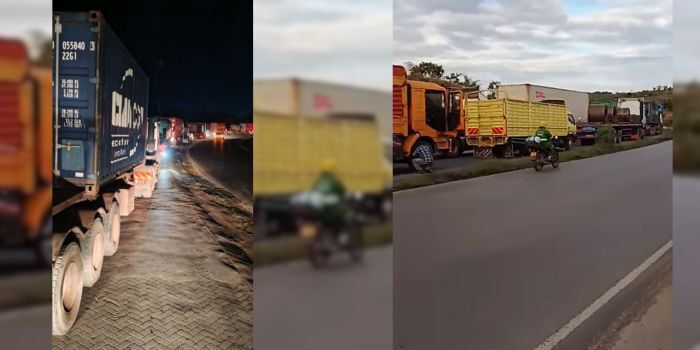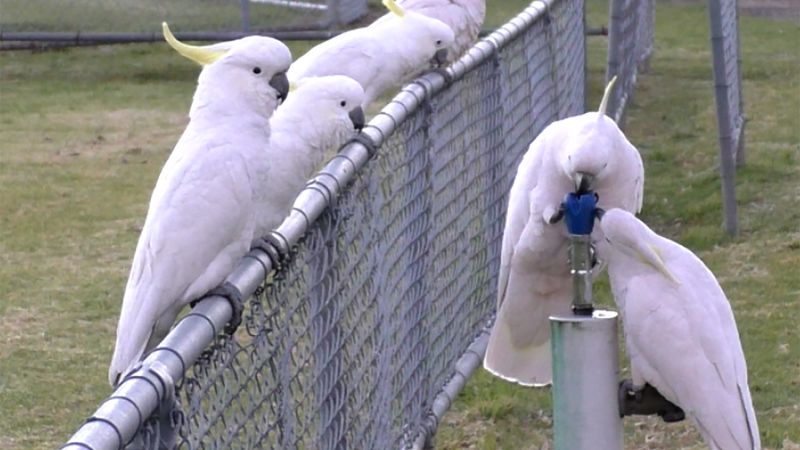Korean Embassy, partners clean up beaches in Krowor municipality
The three-hour exercise saw staff of various Korean companies operating in the country, including the Korean Embassy and a host of Ghanaians coming together to clean and collect up to 2.5 tonnes of marine debris, ranging from plastics, fabrics and metals, among others.
AFKO Fisheries Co. Ltd., KH Medical Africa Centre, KOLON Global Corporation, Korea House Ninano, Koreana Bus Co. Ltd., and SSK Marine Co. Ltd., were among the companies that participated in the exercise.
Staff of Korean government agencies, including the Korea International Cooperation Agency, Korea Foundation for International Healthcare, and Korea Partnership for Innovation of Agriculture Korea EXIM Bank, also participated.
The cleaning exercise at the RMU Beach at Nungua in the Greater Accra Region, was jointly organised by the Embassy of Korea, the Korea Business Community and Plastic Punch, a non-governmental organisation working to address the triple planetary crisis of biodiversity loss, climate change, and plastic pollution.
It formed part of the embassy’s corporate social responsibilities and commitment to environmental stewardship.
The Korean Ambassador, Park Kyongsig, explained that the exercise was aimed at promoting a cleaner environment while showcasing the commitment of Korean enterprises to sustainable development.
He added that it was also part of efforts to raise awareness of environmental preservation and the impact of plastic waste in oceans, stressing the shared responsibility of maintaining Ghanaian and Korean oceans.
“Although we have a different skin colour, we have the same idea.
We have the same concern about the environment and many other aspects of life.
“This highlights the cultural and environmental bond between Ghana and Korea, with the hope that such efforts would foster stronger relations beyond governmental ties,” Mr Kyongsig said.
The Executive Director of Plastic Punch, Richmond Kennedy Quarcoo, also said that the debris collected would help his outfit to identify and report on pollution sources as part of a data collection initiative aimed at supporting the United Nations Sustainable Development Goal 14.1, which focuses on ocean health.
The data, he said, would not only aid in local waste management but also inform national policy on plastic use and recycling.
“By understanding the types of marine debris we collect, we can determine how to better manage and recycle these materials,” Mr Quarcoo said.
He urged the public to adopt simple practices such as using reusable bags and bottles to reduce plastic waste.
“We have only one ocean and one planet. Let’s work together to safeguard it for future generations,” Mr Quarcoo added.










